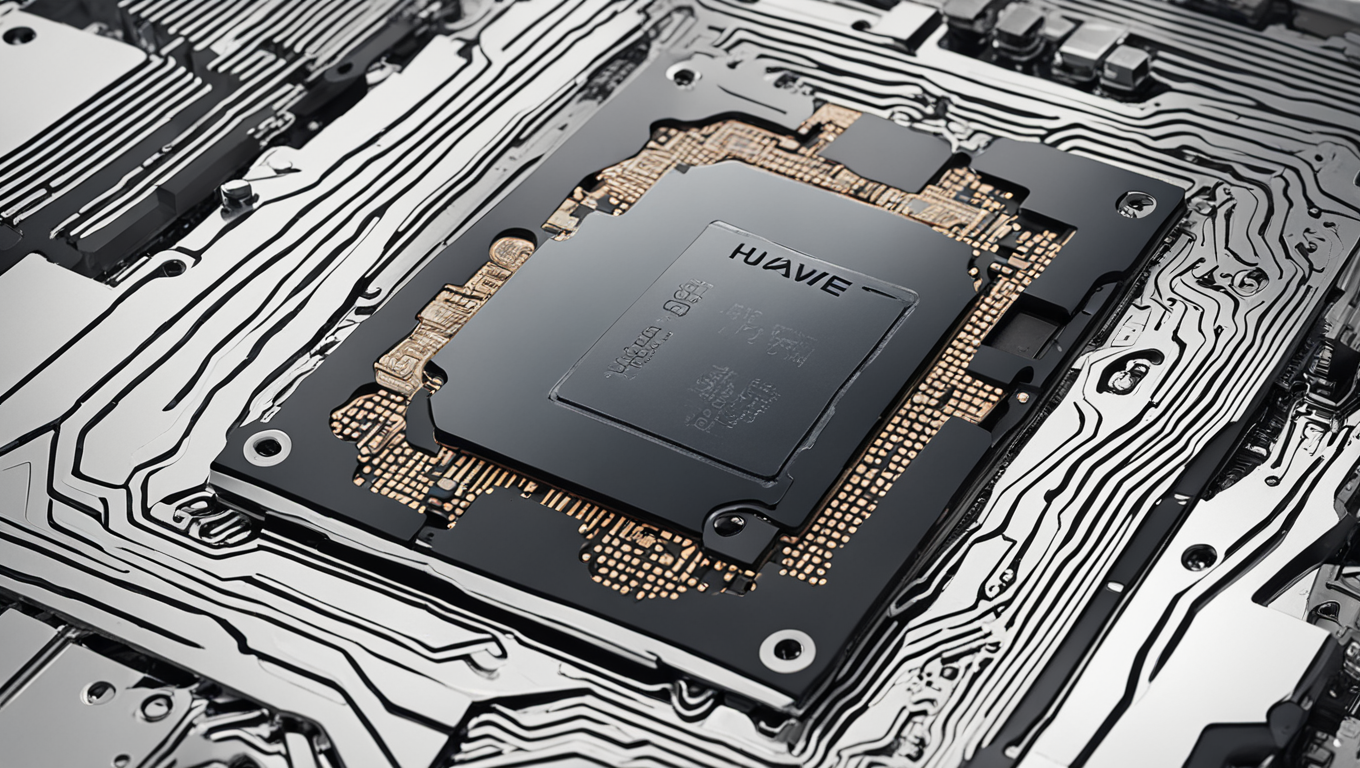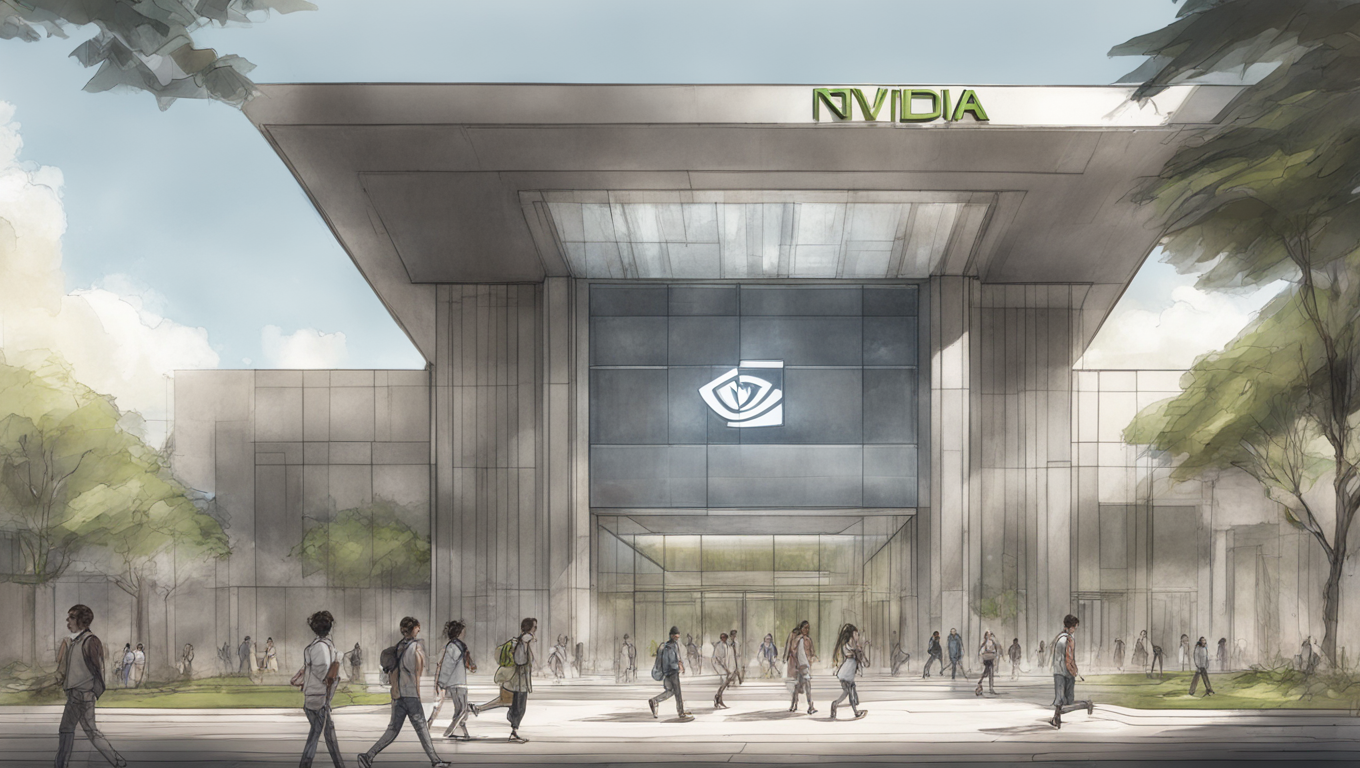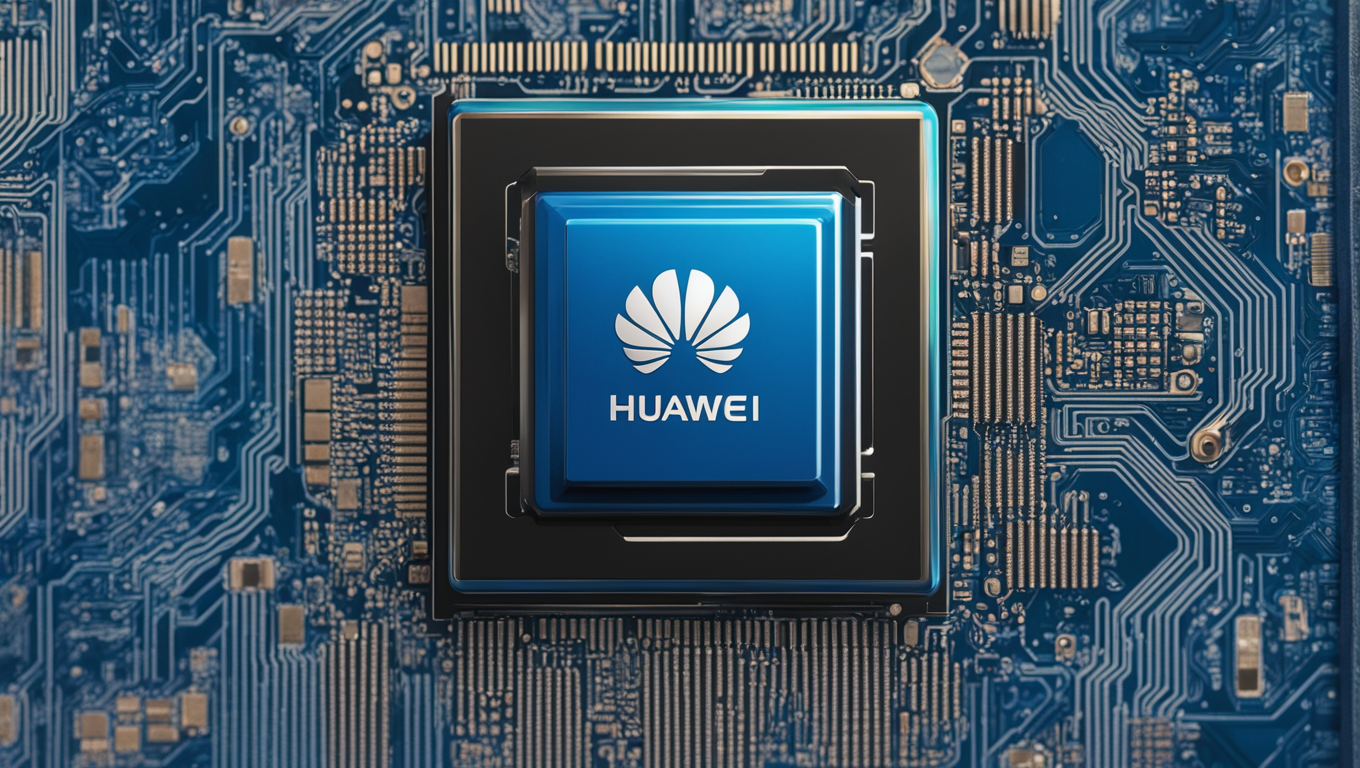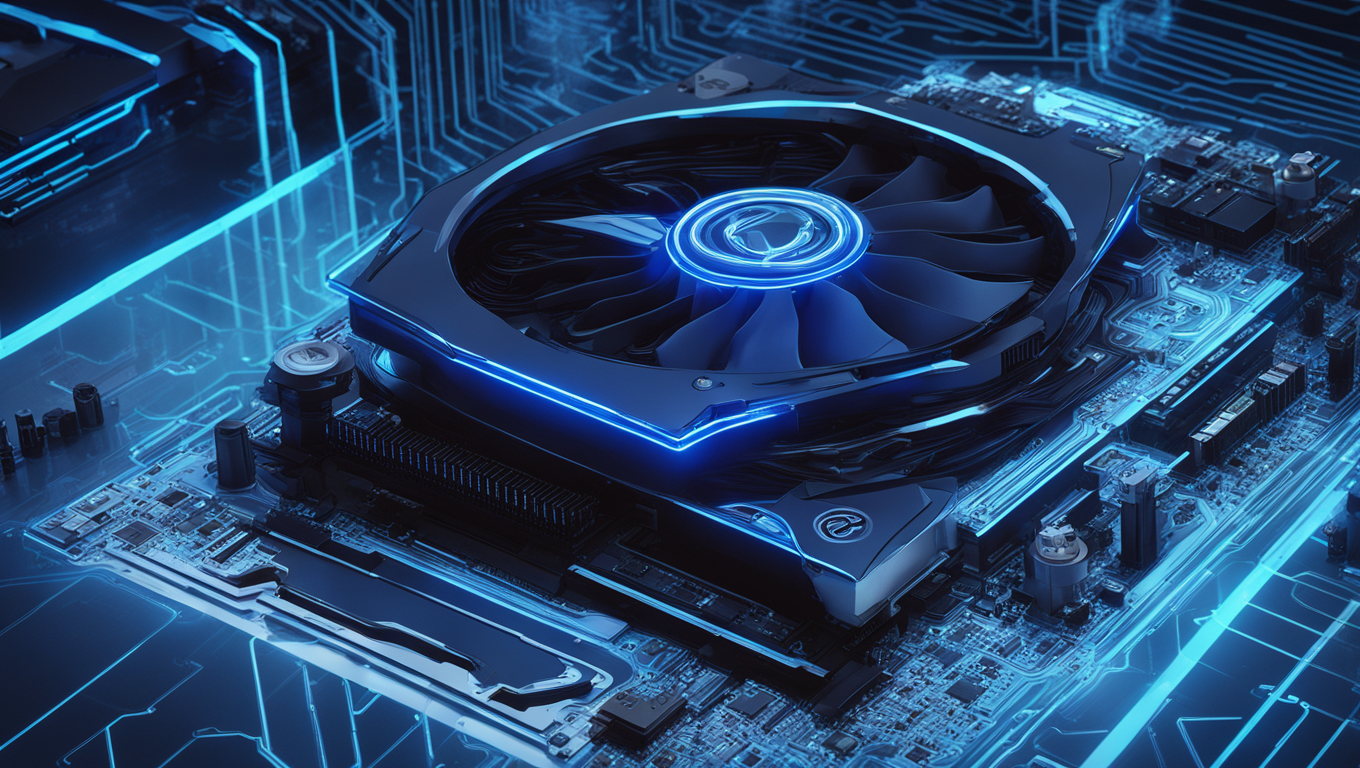In a surprising move, Huawei Technologies has made a bold claim about its latest artificial intelligence (AI) chip, the Ascend 910B, suggesting that it is on par with, or even better than, Nvidia’s A100 GPU. This rare boast by the Chinese tech giant highlights its rapid growth in a market dominated by the US rival Nvidia. Wang Tao, the chief operating officer of Huawei Ascend and Kunpeng ecosystem, stated that the Ascend 910B chip has shown to deliver 80% of the efficiency of the Nvidia A100 in training large language models. In some tests, Huawei’s chip even outperformed the A100 by 20%.
Wang further emphasized that there is “not much difference” in computing power performance between Huawei’s 910B and Nvidia’s A100 when it comes to large AI model training. These claims come at a time when Huawei is assuming a more significant role in China’s push for self-sufficiency, particularly in the face of strict US export restrictions that prevent Nvidia from shipping its advanced GPUs to China. Huawei’s introduction of the Ascend chip series in 2019, shortly after being added to the US trade blacklist, signaled the company’s commitment to building an ecosystem of proprietary software and hardware to cater to domestic clients who have lost access to overseas technology.
With its Ascend ecosystem boasting 40 hardware partners, 1,600 software partners, and 2,900 AI application solutions, Huawei’s ambitions in the AI sector are evident. Despite facing challenges from US sanctions aimed at curbing China’s technological advancement, Huawei has managed to keep its efforts relatively quiet. The company has guarded the source of the advanced mobile chips powering its Mate 60 smartphone series, launched last year. Analysts believe that these processors were manufactured by China’s top foundry, the US-sanctioned Semiconductor Manufacturing International Corp, using improved techniques based on existing equipment. However, producing high-performance AI computing chips using older systems presents a challenging task for Chinese manufacturers, considering that AI chips are generally much larger than smartphone chips. For instance, Nvidia’s A100 GPU is eight times larger than Apple’s A13 mobile processor.
While Nvidia has designed lower-grade chips specifically for its China-based clients, Huawei’s Ascend 910B and Kunpeng chips have emerged as top alternatives for domestic companies operating in the AI sector. These chips have penetrated various industries through the use of “AI boxes,” all-in-one machines that combine AI chips, industry-specific algorithms, and pre-trained large AI models. Companies like Tencent Holdings, Baidu, and iFlyTek have already purchased Huawei’s 910B chips, signaling their endorsement of the technology. Moreover, Huawei operates computer clusters running on Ascend chips in 19 cities across China and has plans to expand to major provincial capitals.
Huawei’s growing prominence in the AI sector, coupled with its claims regarding the Ascend 910B’s performance, pose an interesting challenge to Nvidia’s dominance. While Nvidia still holds the technological advantage with its latest GPUs, Huawei’s chips are becoming increasingly attractive to domestic companies seeking alternatives. This development not only showcases Huawei’s determination to overcome US sanctions but also indicates the evolving landscape of the AI market. As Wang Tao succinctly put it, “Huawei is steadily proving that it can compete with the best in the industry.” In the future, it will be fascinating to see how Huawei’s Ascend chips continue to disrupt the AI market and challenge Nvidia’s position.





Use the share button below if you liked it.